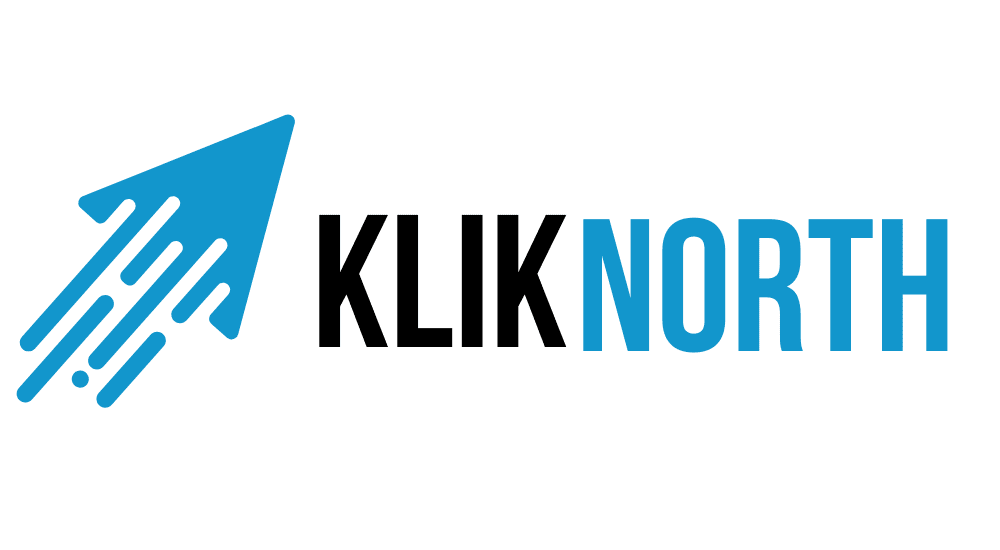The Importance of Content Marketing for Small Business Success
Content marketing is no longer a nice-to-have strategy but necessary within a fast-moving and highly competitive digital environment. After all, more than 70% of consumers would rather learn about a company through an article than an ad. That itself is a statistic that underlines the need for content marketing as one of the more powerful means of increasing your brand’s visibility, customer engagement, and growth. But why is content marketing so important for a small business to thrive in 2024? Let’s dive in.
Why Content Marketing Matters for Small Businesses
Content marketing is pretty important in that it’s the core building block to brand awareness, establishing authority, engaging your audience, and supporting SEO efforts for small businesses. When done right, content marketing can build your small business into a both recognized and trusted name in your industry. By distributing quality and relevant content, you are not only attracting possible customers but also putting yourself out there as an expert in your field. That trust will imply long-term customer relationships.
The other advantage of content marketing is that it boosts search engine rankings, too. Quality, optimized content will help your business rank top in the search results, which means people find their way to you more often. Whether it’s blog posts or videos or social media updates, every single piece of content you develop will introduce another opportunity for visibility that brings targeted customers to you.
How Content Marketing Boosts Customer Engagement
One of the advantages of content marketing is the ability to develop valuable relations with your audience. For example, educational content adds value, but it positions your brand as a resource that is helpful. The more customers perceive your enterprise as genuinely concerned about helping them, the more likely they are to trust your brand and become highly engaged with it.
Emotionally touching content can strengthen such a connection. Be it through telling stories, user-generated content, or in more engaging formats like quizzes and polls, the various aspects of fun will ensure that your audience is interacting with the brand. Social media would definitely amplify this aspect of engagement. The content on social platforms builds awareness about your brand and drives further traffic to your site.
Types of Content Marketing Effective for Small Businesses
Not all content is created equal, and different types serve different objectives. For a small business, it is critical to invest in a variety of types of content that will yield the highest return on investment. Blog posts are a staple of content marketing, offering in-depth knowledge and insights that can drive visitors to your site and improve SEO.
With social media content, it’s another way to connect with your audience on platforms they are already using. A quick update, behind-the-scenes sections of your business, or an announcement of new products media keeps your brand top of mind.
The video content is another powerful tool for small businesses. We all live in a visually driven world wherein videos get your audience’s attention faster and, more often, get your message across better than text alone. Whether it’s a product demo, customer testimonial, or how-to guide, videos can enable you to create communication of your brand’s value in a way that resonates with your audience.
Email newsletters are yet another important ingredient in content marketing, mainly for relationship-building with your already-acquired customers. Sending personalized content directly into the inboxes of your customers keeps them informed, engaged, and more willing to make repeat purchases.
How to Create a Winning Content Marketing Strategy
How, then, do you go about building an effective content marketing strategy? Well, first, you clearly need to define what you are trying to attain. Whether brand awareness, lead generation, or customer retention, having a clear vision of what your objective is will help guide the creation of content and define measurements of success.
Equally important is knowing your audience. Know who they are, what they need, and where they hang out online. This will inform the type of content you’ll create and the channels you use to distribute it.
A content calendar is among those helpful tools that, apart from keeping things organized, bring regularity with consistency. This is where, by planning, one can regularly publish content that aligns with goals and resonates with the audience.
Finally, measurement and optimization should be done for continuous improvement. This involves monitoring the key performance indicators such as website traffic, social media engagement, and conversion rates. These data provide you with the opportunity to refine your strategy by focusing on what is working and adjusting what isn’t.
Case Studies: Small Businesses That Succeeded with Content Marketing
Let’s put this into better perspective by taking a look at a few examples of small businesses which have considerably succeeded in their content strategies.
A Local Bakery: This bakery increased its traffic with continuous blogging of baking tips and recipes. It attracts not only local readers but also establishes them as a resourceful contact within their community for baking enthusiasts.
An Online Boutique: This boutique did promotions of their latest fashion collections using video content, which showed an increase in 40% e-commerce sales. Videos truly enabled them to show the quality and details of their products that photos alone could never have shown.
Home Cleaning Service: This cleaning service, through regular email newsletters containing helpful cleaning tips and seasonal special offers, increased the consumption of its services by its current customers by 25%. The newsletters kept their business top of mind with valuable content that continued to have them book their services.
Conclusion
From a 2024 perspective, content marketing will transform the way small businesses build customer relationships. High-quality content at regular intervals will help one grow strong relations with the target audience and increase visibility for sustained growth. From beginners to experienced professionals looking to take their content game to the next step, content marketing should be embedded within the core of any business strategy. Don’t just survive in the digital marketplace; thrive with the power of content marketing to help build your brand, attract new customers, and ensure long-term success.






